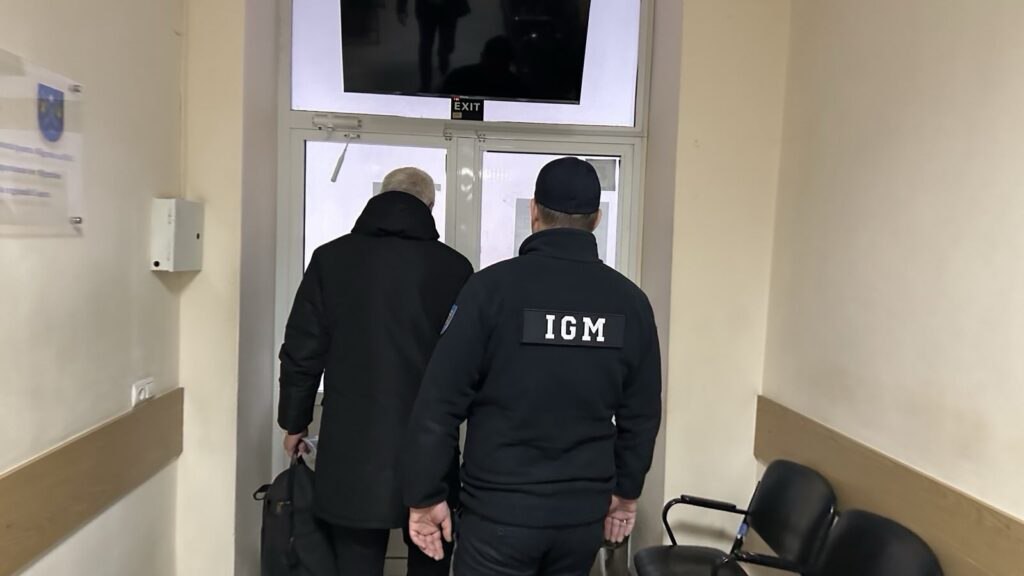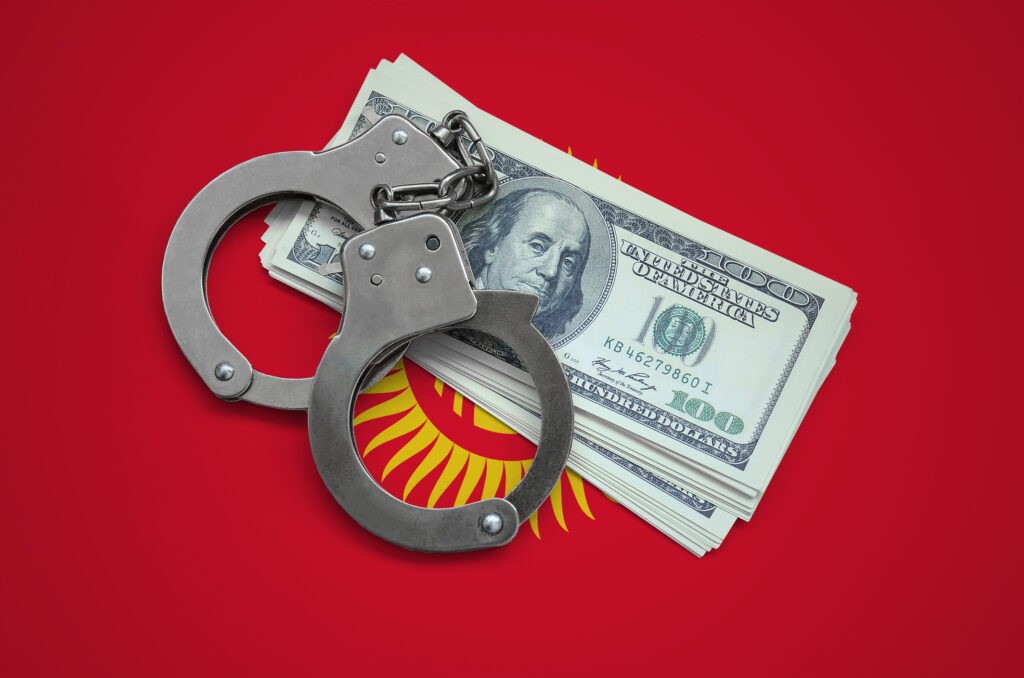Register of Corrupt Officials to Be Created in Kazakhstan
Kazakhstan is set to establish a public register of officials convicted of bribery and other corruption-related offenses. Some parliamentary deputies are also proposing additional measures, including banning convicted individuals from leaving the country to ensure they return stolen funds. The Kazakhstani parliament is currently reviewing amendments to anti-corruption legislation. Among the proposals, according to Albina Mautova of the Prosecutor General's Office, is the creation of a public register of individuals convicted of corruption offenses. This registry will be accessible to all citizens through the anti-corruption agency's website. “This register will include individuals who have committed serious and particularly serious corruption offenses. Inclusion in the register will be based on the presence of a conviction that has entered into legal force. Removal from the register will occur only in the event of an acquittal or the expungement of the criminal record,” Mautova explained. The legislative amendments also aim to broaden the scope of criminal liability related to bribery. According to Ulan Sarkulov, deputy chairman of the Anti-Corruption Agency, the new provisions would criminalize not only the act of receiving or giving bribes but also the promise or extortion of a bribe. Sarkulov emphasized that these measures are designed to have a preventive effect by addressing bribery at its earliest stages before damage is caused to the state. However, Sarkulov acknowledged the challenges of enforcement. “The investigative practices of other countries show that proving the promise or extortion of a bribe is difficult. There will never be widespread prosecutions here. International experience demonstrates only a handful of such cases globally,” he noted. Mazhilis deputy Azat Peruashev has called for an additional provision to bar convicted corrupt officials from leaving Kazakhstan. He argues that such a restriction would help recover stolen assets taken out of the country. “As our experience in recovering capital shows, the most effective measure is a ban on traveling abroad. Major corrupt officials often don’t simply take bribes in cash; they transfer funds to offshore accounts, re-hide them, and make it nearly impossible to trace. Sometimes, even our law enforcement agencies are unaware of how much money they have or where it’s located,” Peruashev stated. He further explained, “These individuals serve reduced sentences or pay fines, then go abroad to access the billions they’ve stolen—wealth they could never have earned legally. If they’re forced to remain in Kazakhstan, they will be more likely to return the stolen funds if they want to use them.” The Times of Central Asia previously reported that, according to Transparency International's 2023 Corruption Perceptions Index (CPI), Kazakhstan was ranked as the least corrupt country in Central Asia, marking a significant achievement in the region's fight against corruption.






